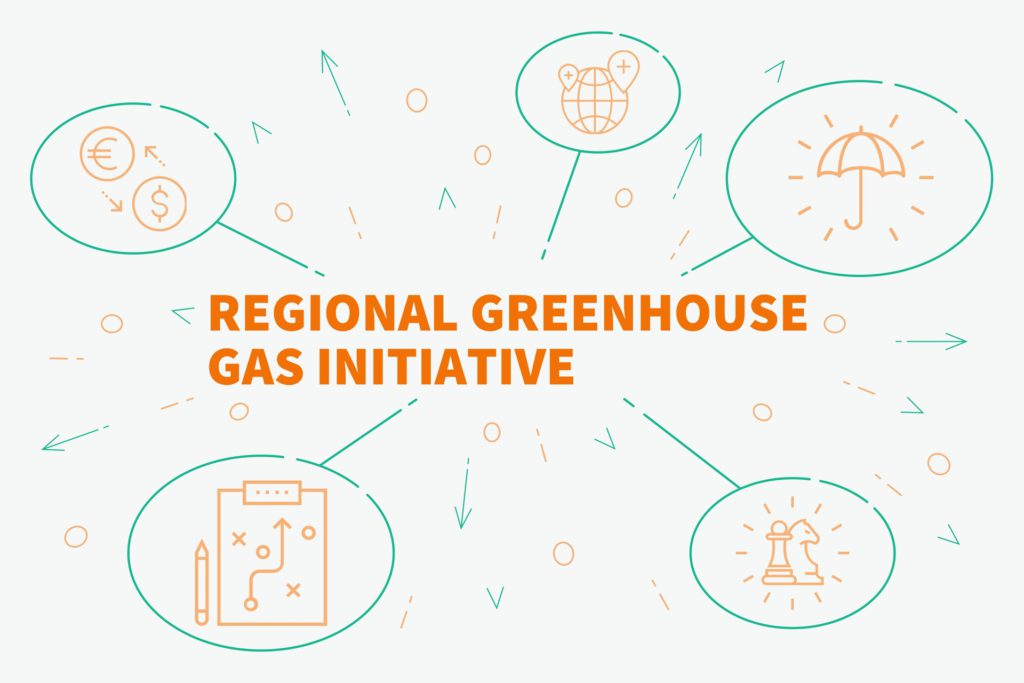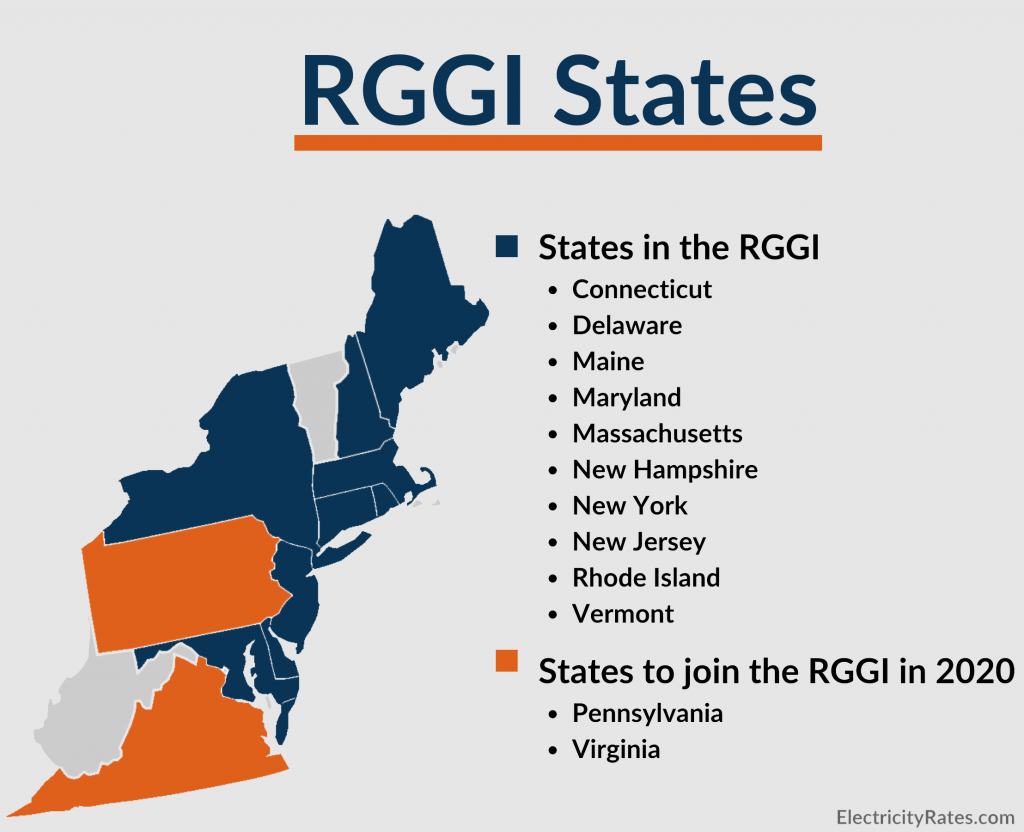The browser you are using is not supported. Please consider using a modern browser.

Pennsylvania and Virginia May Join The RGGI in 2020

Pennsylvania and Virginia are looking to join
the Regional Greenhouse Gas Initiative this year in 2020. If all goes according
to plan, these two states will join the initiative.
However, if
it all goes according to plan, is the key phrase here. Both states have a
few hurdles to overcome, particularly with political pressure in the state of
Pennsylvania.
What Is The Regional Greenhouse
Gas Initiative (RGGI)?
According to the RGGI’s website, “The Regional Greenhouse Gas Initiative (RGGI) is a cooperative effort… to cap and reduce power sector CO2 emissions.”
When the RGGI was first formed in 2009, there
were 10 states that agreed to take part. These states were Connecticut,
Delaware, Maine, Maryland, Massachusetts, New Hampshire, New York, New Jersey,
Rhode Island, and Vermont. New Jersey backed out last minute before caps were
enforced, leaving only nine states. However, New Jersey has rejoined the
initiative and is participating in 2020.

The program calls for each state to sell a
certain amount of CO2 “allowances” to “fossil-fuel-fired electric power
generators.” The allowances purchased sets the amount of CO2 that these power
plants are allowed to emit. The money the state earns from these allowances can
then be used to fund energy efficiency and renewable energy programs in the
state
Pennsylvania and Virginia will be the first
states to join that were not a part of the original 10 at the RGGI’s founding.
Pennsylvania will also be the first state to join that is rich with fossil
fuels, with their large coal sector to likely be affected by this legislation.
Challenges For Pennsylvania and
RGGI Moving Forward
For Virginia to join, they have to rewrite a
state budget that does not allow the state to spend any money on the RGGI.
Their current General Assembly is expected to pass a budget this month that
will do just that.
Pennsylvania is a different story.
Pennsylvania’s governor used an executive order back in October to get the
state to join the RGGI. However, there are pieces of legislation in both the
state Senate and House that are trying to block this move. Coal is still a
large part of the state’s economy and reps tied to it are pushing back.
However, according to the governor, the governor has the authority to do this and there are not enough votes to override the order. If he is correct, Pennsylvania will join Virginia and the rest of the states in the RGGI.